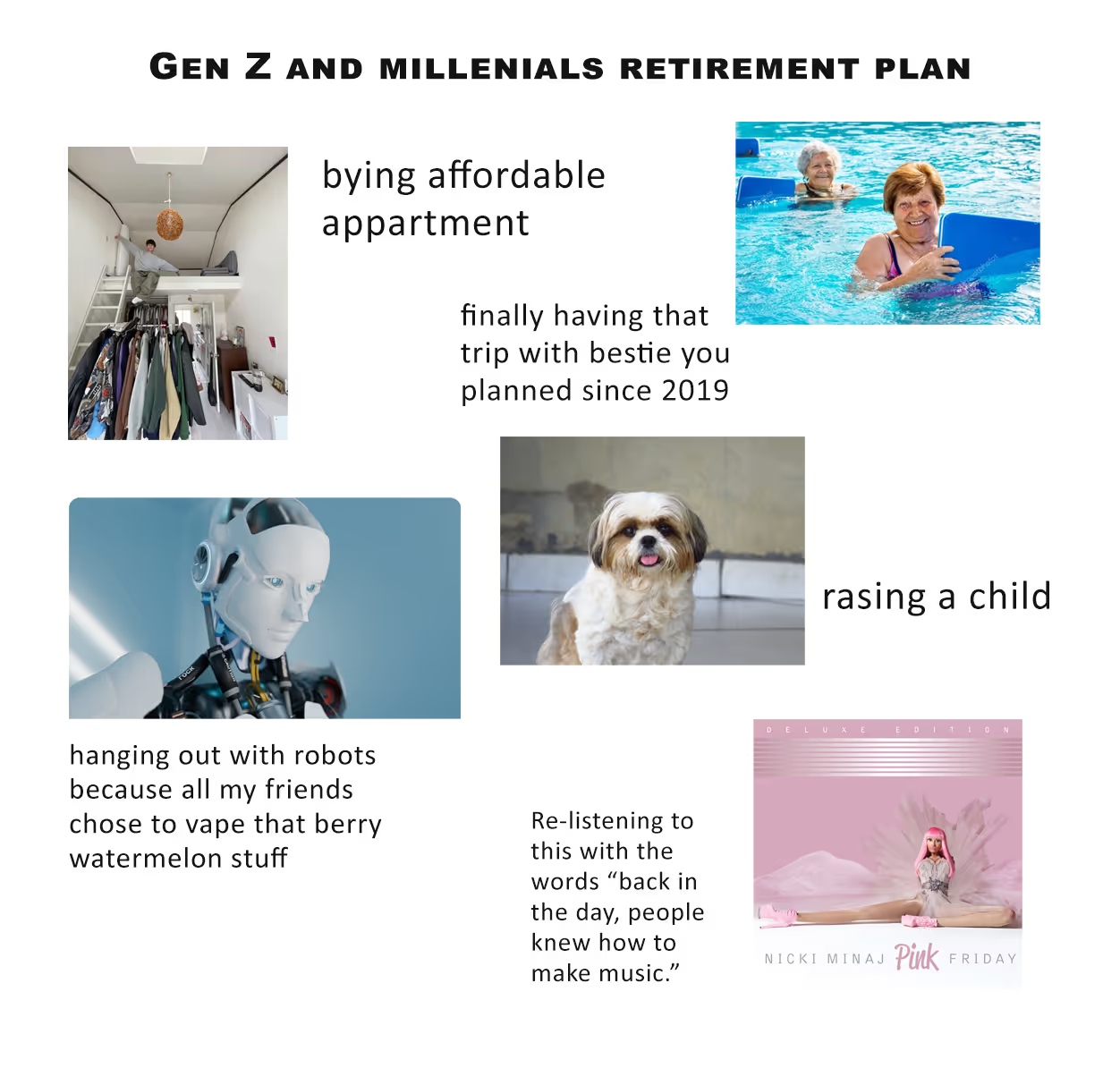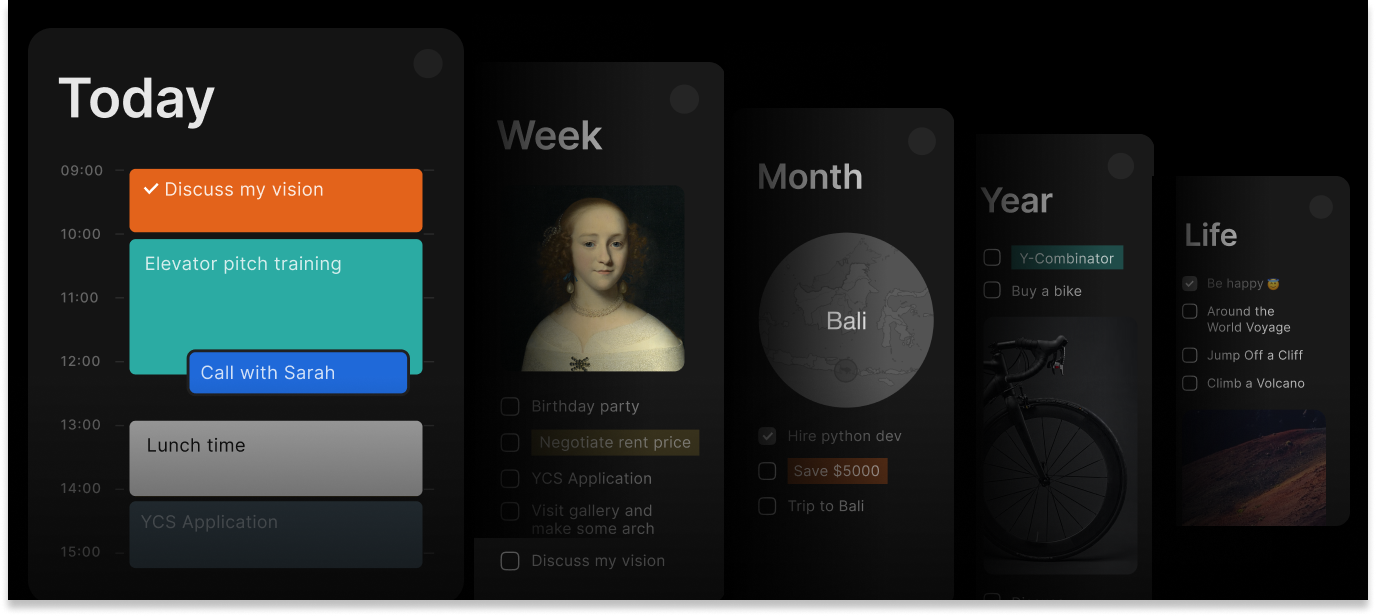Micro-Retirement: How Gen Z is Redefining Career Paths

About 76% of young workers prioritize work-life balance over salary (according to the article “Gen Z Puts Work-Life Balance Ahead of Pay” from Newsweek, published on January 21, 2025).
This statistic has been circulating online for some time. What’s new is how Gen Z defines this balance.
Previously, we discussed the revenge quitting trend, where young professionals resist exhausting corporate cultures. Now, a new solution has emerged: Micro-Retirements.
To prevent burnout and enrich their lives with meaningful experiences while they’re still young and active, Gen Z is adopting the practice of taking micro-retirements every 3−5 years before returning to work.
Micro-retirement involves taking deliberate, extended pauses from professional commitments to pursue personal interests, travel, or focus on mental health. Unlike conventional retirement, which typically occurs after decades of uninterrupted work, micro-retirements are interspersed throughout a career, allowing individuals to rejuvenate and realign their professional objectives. These breaks can vary in length, often ranging from several months to a year or more.
Why Gen Z is Embracing Micro-Retirement
Mainly because for them the traditional idea of retirement is likely gonna play out more like this.

Several factors contribute to the growing popularity of micro-retirement among Gen Z professionals:
- Prioritization of Work-Life Balance: A significant portion of Gen Z places a higher value on achieving a harmonious balance between work and personal life than on financial compensation. This shift reflects a broader desire to avoid the burnout experienced by previous generations.
- Mental Health Awareness: With increasing recognition of mental health’s importance, many young professionals view micro-retirements as proactive measures to manage stress and prevent burnout. These intentional breaks provide opportunities for self-care and personal development.
- Desire for Diverse Experiences: Gen Z individuals often seek varied experiences beyond the confines of traditional employment. Micro-retirements enable them to explore new cultures, acquire different skills, and engage in passion projects, enriching their personal and professional lives.
All of this not only positively impacts the “early retiree” lifestyle but also perfectly aligns with the demands of modern corporate culture, which requires employees to have an open mind, a broad worldview, and the ability to easily and quickly adapt to various conditions and contexts.
Challenges to Consider
While micro-retirement presents appealing benefits, it also comes with potential challenges.
Financial Planning: Funding extended breaks requires careful financial management and savings strategies to ensure sustainability during periods without income. However, micro-retirement doesn’t necessarily mean completely stopping work. For example, one might leave a full-time office job but take on freelance or remote work in the same or a new field, making the transition more comfortable and staying connected to the professional world.
Career Progression: Frequent or prolonged absences may impact career advancement opportunities and require thoughtful reintegration into the workforce. Potential employers might view career gaps unfavorably, necessitating clear communication about the value and purpose of these breaks.
To stay relevant and ease the return to work, combining micro-retirement with learning new skills can be beneficial. This shift in activity can positively impact mental health and future employment prospects.
Benefits of Micro-Retirement
Embracing micro-retirement offers several advantages:
- Enhanced Productivity and Creativity: Stepping away from work responsibilities can lead to renewed energy and fresh perspectives, fostering increased productivity and innovative thinking upon return.
- Personal Growth: Time off allows individuals to pursue interests and hobbies, contributing to a well-rounded and fulfilling life.
- Improved Mental and Physical Health: Regular breaks can alleviate stress and reduce the risk of burnout, promoting overall well-being.
Most importantly, these experiences add more fun to life and provide a wealth of stories for future generations.
The remaining question is how to embark on such an experiment during times of economic uncertainty and rising living costs. However, when the future is uncertain, experimenting may be the best approach. So, go ahead and take the leap!
Read next



